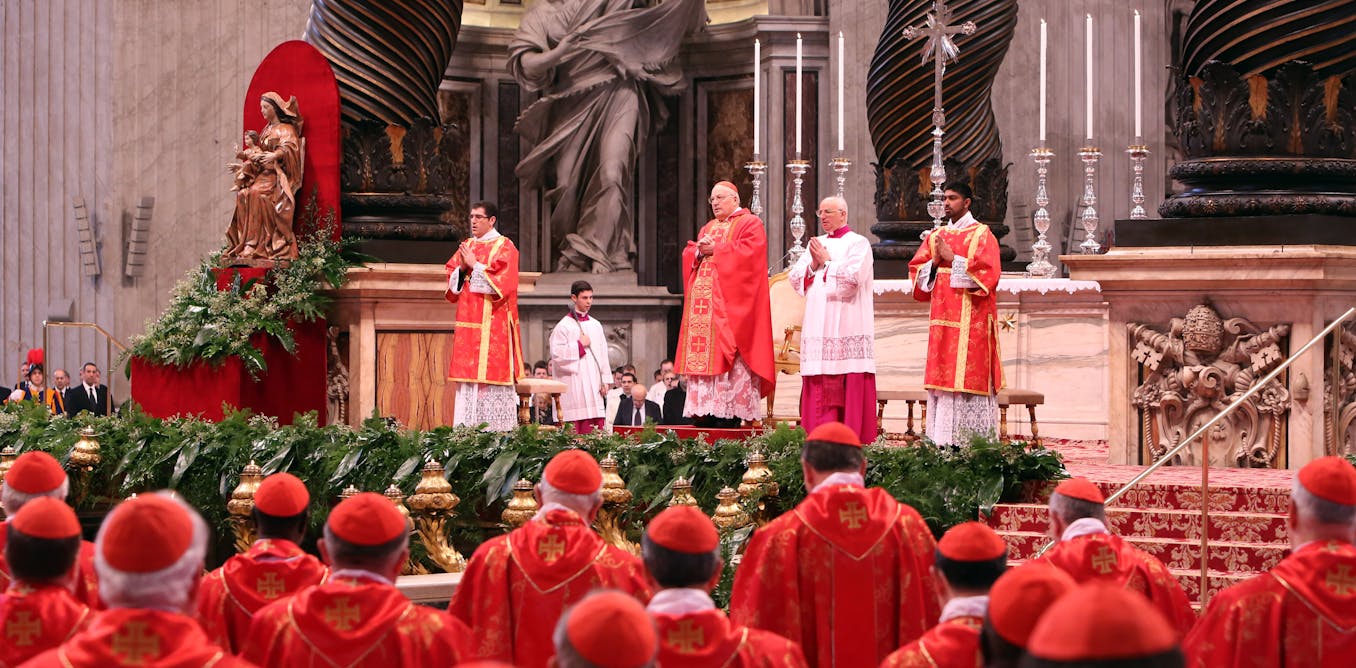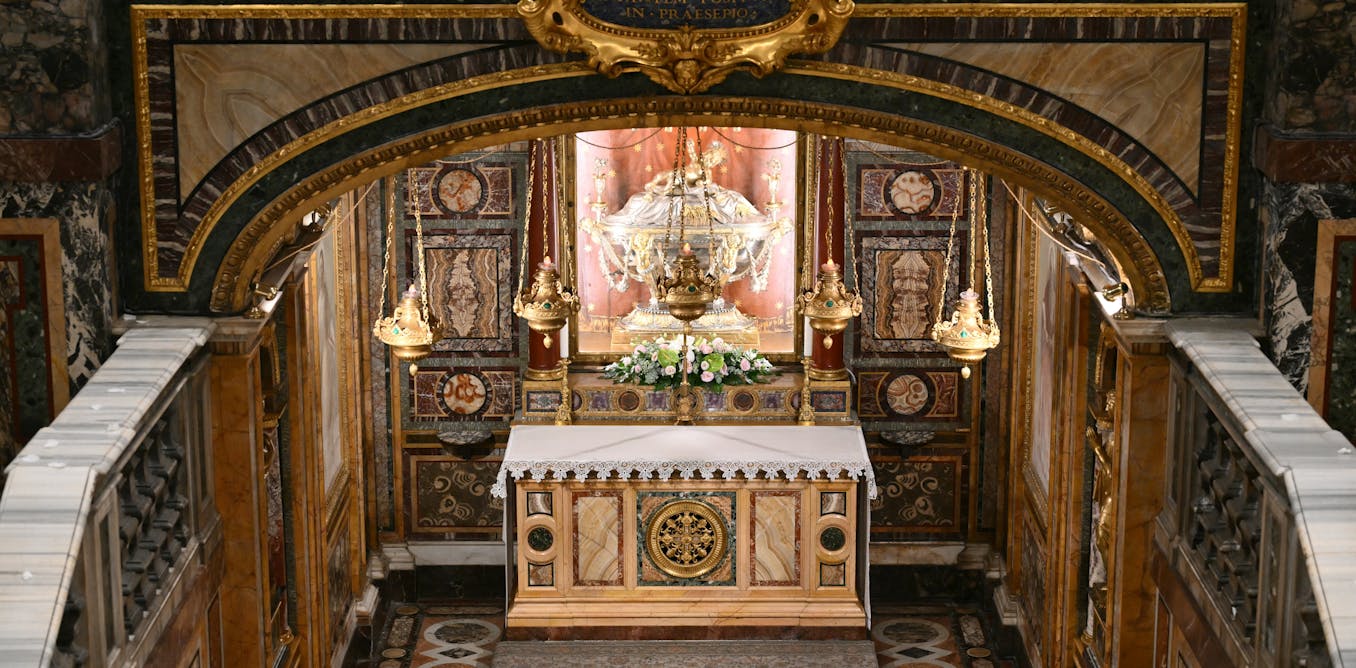Now Reading: How the next pope will be elected – what goes on at the conclave
-
01
How the next pope will be elected – what goes on at the conclave
How the next pope will be elected – what goes on at the conclave

Following the passing of Pope Francis, all eyes are now on the selection of his successor. The next pope will be elected in a closed room known as a “conclave,” where the College of Cardinals will gather to cast their votes behind locked doors in the Vatican’s Sistine Chapel, renowned for its Michelangelo-painted ceiling frescoes. To be eligible to vote, a cardinal must be under 80 years old, and out of the 252 current members of the College of Cardinals, 138 are eligible to participate in the conclave.
The upcoming conclave is anticipated to be the most diverse in the history of the Catholic Church, reflecting the global nature of Catholicism with cardinals from over 90 countries, a shift from the historically Euro-centric composition of the College of Cardinals. The tradition of holding a conclave to elect a pope dates back centuries to Pope Gregory X in 1274, established to prevent the prolonged chaos that had surrounded previous papal elections.
Before the conclave commences, the cardinals will engage in general congregations to discuss pertinent church matters and get acquainted with one another. While past papal elections have been marred by rumors of vote-buying and political maneuvering, such actions are now frowned upon and prohibited by church law.
The conclave will officially begin two to three weeks after the funeral of the previous pope, with strict measures in place to ensure the secrecy of the proceedings. The cardinals will convene in the Sistine Chapel, where they will sing a hymn in Latin before pledging to maintain confidentiality. The election process will involve multiple rounds of voting until a candidate receives a two-thirds majority, with black smoke signaling an inconclusive ballot and white smoke indicating the election of a new pope.
Once the new pope is chosen, he will accept the office and select his papal name, symbolizing the direction of his pontificate. After donning the papal vestments, he will be presented to the public from the balcony of St. Peter’s Basilica, marking the beginning of a new papacy.





